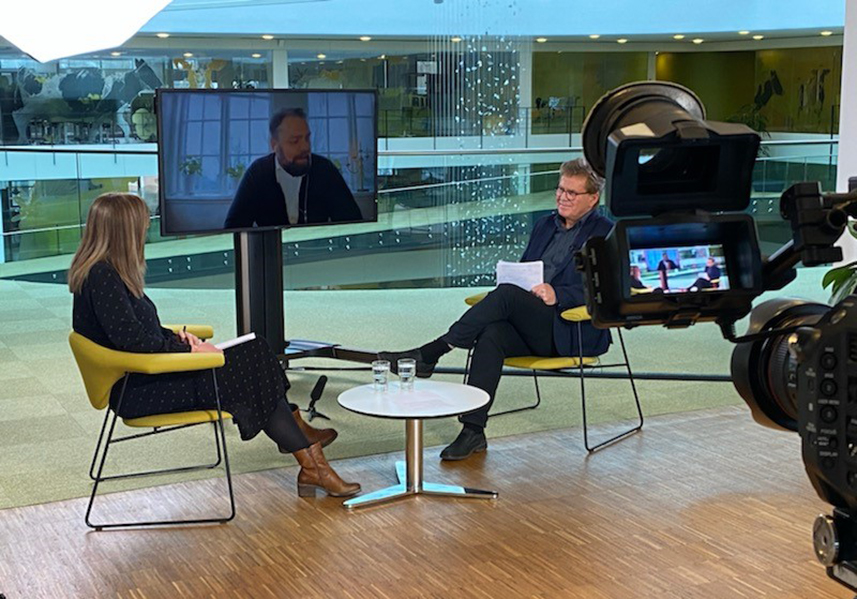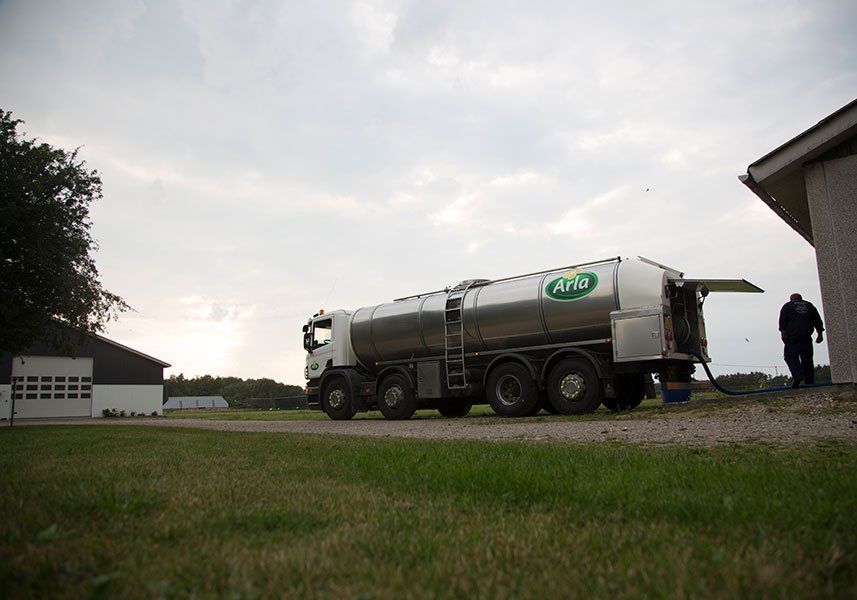By the end of October the EU and the UK are expected to have agreed the principles of the future relationship. When this happens, the two sides plan to ratify the agreement by the end in March 2019 just as the UK officially leaves the EU. Talks will then move onto the detail of the future relationship between them. And at the heart of these talks will be the type of trading relationship that will govern the economic links for both sides the long term.
High Stakes
The decisions that will be made over the next two years will define the future of a united Europe and will build the foundation of the UK’s future relationship with its closest neighbours and the rest of the world.
The political stakes are high for both sides.
And the stakes are high for the European and UK food and drink sector.
It is the largest manufacturing sector in the EU in terms of turnover (more than €1 trillion), adds over €212 billion in value and employs over 4.25 million and the UK is a leading exporter of Agri-food to the EU27 of approx. €16 billion/yr.
And within this, dairy plays a significant role.
The market dynamics are complicated. The UK is only 82% self-sufficient in dairy with the majority of the shortfall, around 2.7Bn kgs of milk, imported from the EU. Analysis by the European Dairy Association has shown that should the post BREXIT trading relationship be based on WTO rules, this milk will need to find a new market within the EU, impacting on milk price and leading to significant uncertainty within the industry in the UK and the EU. The impact would be significantly larger than that of the Russian Embargo in 2014.
So a future trading relationship between the UK and the EU after BREXIT which provides tariff free trade of dairy across borders and is free from non-tariff barriers will provide numerous opportunities. But a deal that imposes tariffs and erects barriers to trade will do the opposite.
The need for free trade
As a northern European dairy cooperative owned by 11.200 farmers in seven EU Member States, including almost 2500 in the UK, we are a great example of how successful the single market has been.
Because of it our farmer owners have had the security to invest in their farms, it has allowed us to use economies of scale to lower production costs and it has opened up markets within Europe and globally that wouldn’t have been possible if there were barriers to trade and collaboration in the EU. And the fact that our farmers owners in the UK recently voted by 98% to become full members of of the Arla cooperative is a clear sign that they see the benefits of being part of an efficient EU cooperative despite the uncertainty BREXIT brings.
And it has been a catalyst for innovation in the food and drink sector.
One of our most successful products in the past two years, the Icelandic yoghurt Skyr, is a fantastic example of how a united vision and collaboration across Europe delivered a product that broke the mould in many countries and gave consumers a healthy natural affordable yogurt product.
We used our teams across Europe to identify common consumer trends and identify an innovative and versatile product that we could sell in multiple countries. Teams from the UK, Germany and Netherlands worked as one, gaining and refining customer research, testing products, analysing market conditions and developing ideas.
Putting the consumer first
There are many more examples like this in Arla and across the food and drink sector. Examples where companies have developed innovative products quickly for consumers across the UK and Europe because all 28 Member States operate within a shared framework where food legislation is the same, where there were no trade or non-tariff barriers to add costs and no excess bureaucracy to add complexity.
And in each case, the end result is that consumers have more high quality affordable products to choose from. This is a good thing.
But it can’t be taken for granted. There are already signs that BREXIT is impacting on everyday lives. The Governor of the Bank of England has said that “Brexit means real household incomes are about £900 lower than forecast in May 2016”.
And if trade between the EU27 and UK is restricted there will be consequences:
- we risk breaking down the integrated food and drink supply chain;
- we risk removing choice from consumers and;
- we risk food price inflation.
A recent inquiry by the UK Parliament’s Business, Energy and Industrial Strategy Committee set out these risks for the UK, and last year the European Food and drink industry body, FoodDrink Europe, was warning of these potential consequences should a hard BREXIT happen.
The facts speak for themselves
So the economic and social argument for a post Brexit trading relationship that is both free of tariffs and free from barriers to trade is an obvious one.
Everyone will win from it, particularly consumers.
But the debate today isn’t about simple economics. It is a passionate and emotive debate.
And while I completely respect the UK’s decision to leave the EU and I understand the red lines that both sides have drawn, I urge UK politicians and the EU to double down on their efforts to protect consumers by agreeing the free-est possible trading relationship possible.
What we need are practical solutions, so I am encouraged by the recent interventions by some MPs and Parliamentary Committees in the UK who are putting forward suggestions to achieve this, from EEA membership to setting a clear ambition to secure a wide ranging FTA.
If a solution can be found, the dairy sector in the UK and Europe will continue to grow and it will continue to develop high quality, affordable products that meet consumer demands across Europe and the UK.



